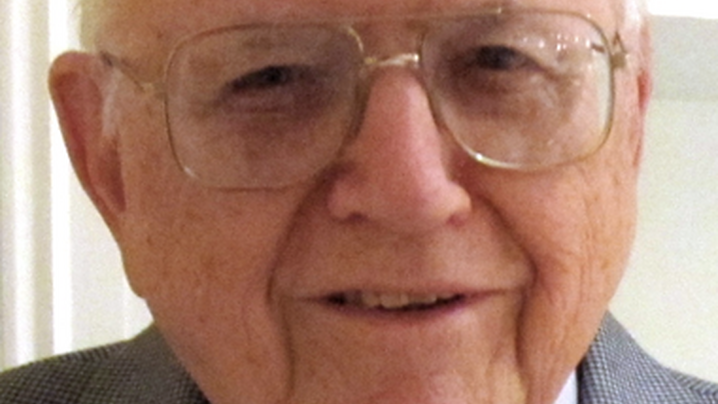
"What is their legacy?" is a question typically asked when discussing politicians, superstar athletes, and celebrities. What have they done? How many awards? How does their body of work compare to their contemporaries? How does it compare to those that came before them, or those who will come after?
The people who grind every day to serve their communities are different. They work in the background. Yet professional legacy is something many will think about throughout their career and more so as they near retirement.
Local government leaders have tremendous responsibility and decision-making power. Decisions are made daily, monthly, annually, and will be judged positively or negatively, forming a legacy. But more important to a true legacy than any individual accomplishment or policy implementation is how a leader builds relationships with staff, council, and residents.
Robert “Bob” Morris is a great example. He worked at ICMA in the 1940s; was the village manager of Glencoe, Illinois, 1949-82; worked at ICMA-RC (now MissionSquare Retirement) in the 1980s; and was a professor at Roosevelt University in Chicago, and Northern Illinois University, teaching public administration for another 30 years.
His awards and accolades are too many to name and are highlighted in an ICMA member spotlight from 2014. But that’s not what motivated Bob and that isn’t what real legacy is about. Legacy isn’t about stats or a list of achievements that may show up on a resume or bio. It’s about the uncredited ripple effect of positive impact. In this case, ICMA wants to credit Bob and the many others out there who have not only improved their communities beyond measure during the time they served but inspired many others to do the same.
Start or continue your own legacy by signing up for ICMA’s coaching program. Another option is local government management fellowship. The 2023 cohort is open for hosts and fellows.
A Personal Tribute
As a more personal tribute to Bob Morris, ICMA Life Member Gordon Tiffany, who last worked for Bob 45 years ago and remains in contact with Bob, shared some reflections.
Bob was village manager of Glencoe Illinois. Glencoe is, a highly affluent municipality on the North Shore of Lake Michigan, the last one in Cook County. With a population of just 8,500, it had an extremely high municipal service level and well-qualified professional staff. It’s size and affluence did not suggest that it would be a natural place to learn skills that could be transferred to an ordinary community. But with Bob’s guidance, it was. Bob was a natural teacher.
From 1953 to 1983, Bob had 21 assistants who went on to serve as CAOs in 66 communities in 23 states. I know these numbers because Bob has proudly reported the running tally. He can also tell you how many communities were managed by assistants of his assistants: 69.
In addition to his “day job” in Glencoe, Bob taught public administration at night for many decades at Northern Illinois University (NIU) in Dekalb and at DePaul University in downtown Chicago. Upon his retirement, he was awarded an honorary doctorate from NIU.
I went to work for Bob in 1973, after earning my MPA. The position ad stated, “no experience required.” That was me! I was a bit older than most applicants and had served as a USAF officer, so I had an advantage. That job was my first step to everything that came after.
As an assistant I was involved in every department, function, and controversy for more than two years. I learned much from working with the staff—mainly the department heads—too. Bob always was available for his assistants (there were two of us at the time.)
His management style was more as a coach and teacher than a boss.
A key job for an assistant was writing. This was long before computers. We were constantly drafting reports, memos, newsletters, and meeting minutes. Bob was the editor. At first, I was disheartened to get my masterpiece report back from him so heavily edited that my original draft was obscured under his red-penciled edits. Over time I learned Bob’s economical and clear writing style. He never directly criticized even those early efforts but let the edits speak for themselves.
He believed in learning by doing, even when that meant learning from mistakes.
Because this was government there were always meetings, some contentious. Bob would encourage us to observe the interactions between members. We learned how to manage even difficult committee members, by trying to understand their point of view and unstated agenda, and by anticipating questions. When there were ethical issues involved, Bob was always a reliable pole star.
I doubt that many people can say they have enjoyed a four-decade long friendship with their first boss. I’m glad I can.
New, Reduced Membership Dues
A new, reduced dues rate is available for CAOs/ACAOs, along with additional discounts for those in smaller communities, has been implemented. Learn more and be sure to join or renew today!
